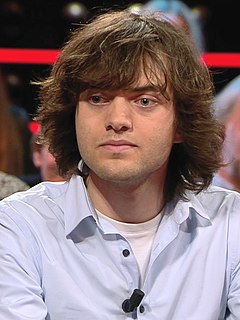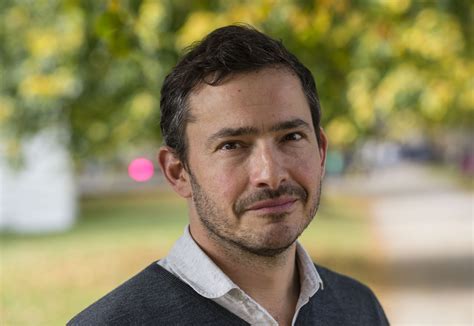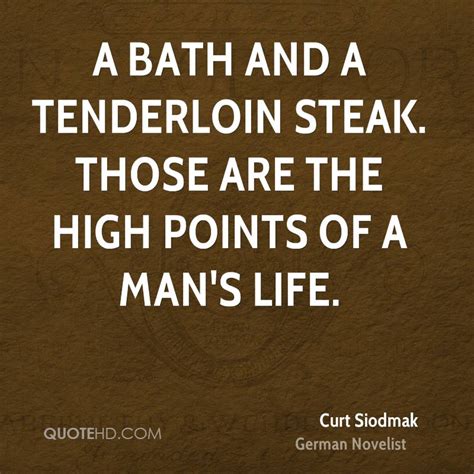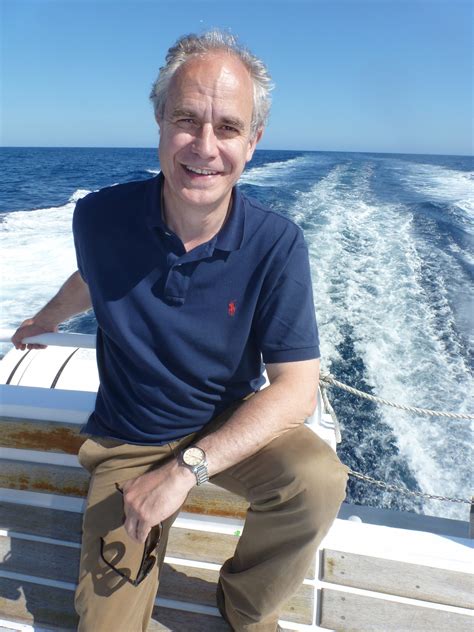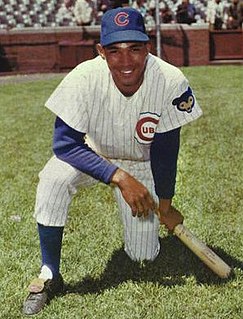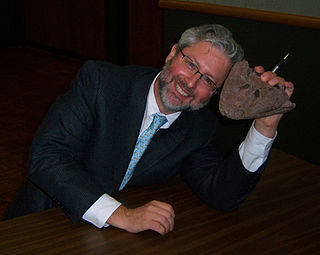A Quote by Kevin Bacon
We are being choked to death by the amount of plastic that we throw away. It's killing our oceans. It's entering into our bodies in the fish we eat.
Related Quotes
To truly rid the oceans of plastic, what we need to do is two things: One, we need to clean up the legacy pollution, the stuff that has been accumulating for decades and doesn't go away by itself. But, two, we need to close the tap, which means preventing more plastic from reaching the oceans in the first place.
Everything seems beautiful because you don't understand. Those flying fish, they're not leaping for joy, they're jumping in terror. Bigger fish want to eat them. That luminous water, it takes its gleam from millions of tiny dead bodies, the glitter of putrescence. There's no beauty here, only death and decay.
Increasingly, we will be faced with a choice: whether to keep the oceans for wild fish or farmed fish. Farming domesticated species in close proximity with wild fish will mean that domesticated fish always win. Nobody in the world of policy appears to be asking what is best for society, wild fish or farmed fish. And what sort of farmed fish, anyway? Were this question to be asked, and answered honestly, we might find that our interests lay in prioritizing wild fish and making their ecosystems more productive by leaving them alone enough of the time.
The Honorable Elijah Muhammad taught us to eat fish during the month of Ramadan. He is breaking us away from meats. That was a wonderful way to do it and use the month of Ramadan for fish. I did that too during one of my Ramadan's. We would just eat fish.Breaking away from land animals is a right thing to do.
Mobile is a seaport town, and we ate a lot of seafood. We'd go fishing, we'd catch our fish and we'd eat our fish. It was a ritual on Saturday morning for all my family - my grandfather, my brothers, my uncles, my father - to go fishing, and then the ladies of the family would clean the fish and fry them up.




